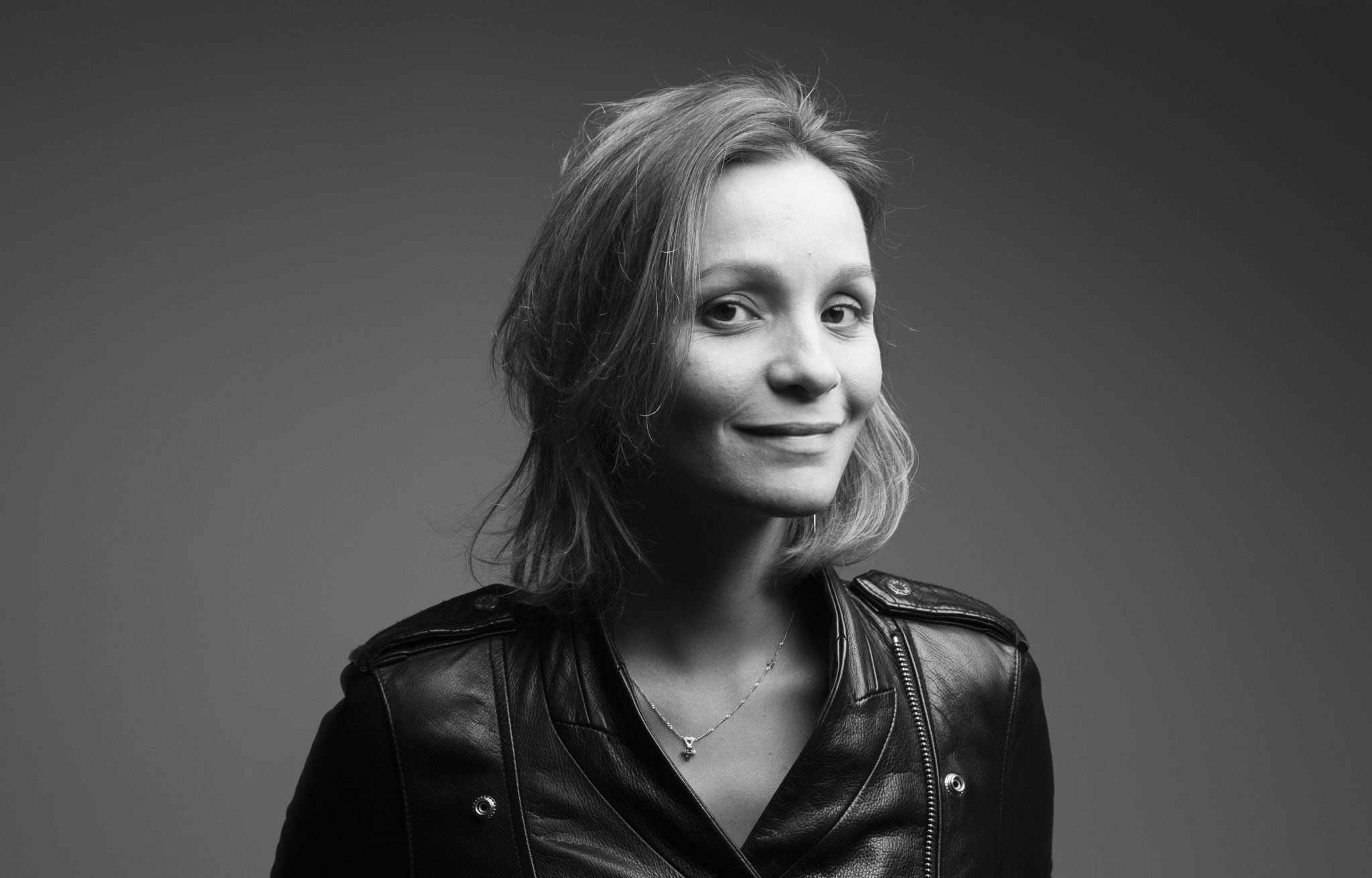When Silicon Valley legend Tony Fadell moved to Paris a few years ago, all anyone could ask about was startup life on the west coast. Europe’s tech ecosystem has grown a lot since, but that question hasn’t lost its appeal with founders.
The inventor of the iPod, Fadell left Apple to create smart home pioneer Nest and later sold it to Google for $3.2bn. Now he’s this side of the pond — and he’s scouting deeptech upstarts from his base in Paris.
“The most popular question I get from entrepreneurs is ‘How is it done in Silicon Valley?’” says Fadell, who now runs Future Shape, an investment and advisory firm. “We have the Silicon Valley experience and we’re bringing that way of thinking here.”
Like other investors, Europe’s talent pool of top notch scientists, engineers and mathematicians is one of the things that attracted Fadell’s attention. He’s looking to combine that with his personal experience as an entrepreneur, and some Silicon Valley know-how.
“Future Shape came out of the idea of being a mentor with money, because founders want to know about failure, they want to know about weathering the storm, about tapping new markets and talking to the media,” says Fadell. “And they want to know from someone who has been there.”
Get out of the "tunnel"
Right before Sifted met Fadell at Parisian startup campus Station F last week, he’d been talking entrepreneurship to medical researchers and founders at Necker hospital in Paris. Even in the midst of the crackdown on coronavirus, the question about what Europe can learn from Silicon Valley inevitably came up.
Part of Fadell’s answer? Get out of the "science tunnel": go beyond doing science for science’s sake.
Bringing more innovations out of universities and research institutions and turning them into global businesses is “a key part of showing that the ecosystem opportunity is structural,” he says. “Deeptech companies especially have great scientists but need a push on things like marketing, finance and business more broadly.”
He cited Impossible Foods, one of Future Shape’s investments, as one example of how science and marketing should go hand in hand. The company makes meat from plants and markets it with Instagram-worthy pictures of burgers and meatball pizzas, as well as recipes to try at home.
Fadell’s scouting method is classic in the deeptech space: he starts by defining key trends that will change the way we live and major problems that need fixing in the next seven to 12 years. He’ll work backwards from there to back interesting projects, relying on the network of contacts he’s built in recent years at European laboratories, universities and various talent hubs from Grenoble to Cambridge and Amsterdam.
Where worlds collide
“Technology is colliding with industries from food to medical, industries that weren’t using much of it before,” Fadell says. “True innovation is where these worlds collide — we’re not looking for gadgets and accessories, we’re looking for disruption that matters.”
Fadell says he’s zooming in on long-term trends like the electrification of everything, data science powering all things biology and medical, and how climate change will affect our behaviour as humans.
As one example, he’s scouting for ways of getting rid of single-use plastics and investing in companies that are trying to invent alternative materials including bio-based polymers, as well as more sophisticated recycling solutions. Technology can help with those issues, including by enabling genetic breeding of bio organisms to make new polymers, he says.
“So we do a grand master plan, with our theses of things colliding and we bring the right people together,” says Fadell. “Amazing scientists and science that’s just out of the lab, but branded and marketed right.”
Orionis Biosciences, a Belgium-based biotech company, is one example. Fadell says Orionis, which has a cancer vaccine in the pipeline, is the result of crossing 30 years of cancer research with bioinformatics technology. The project also came together by bringing together researchers in their 60s and tech experts in their 30s, he says.
“This cross between medical research and bioinformatics will fundamentally change how we design drugs,” says Fadell. “It’s a different approach to drug making, using technology, which will enable us to find more drugs faster and cheaper.”
In Europe, Future Shape has also invested in Amsterdam-based online manufacturing platform 3D Hubs.
Five extra pieces of advice
As one of the business people who called the boom in the French startup ecosystem when it was still in its early stages, Fadell says it’s now reached a “healthy maturation beyond its initial bubbliness”.
Exits, repeat founders, bigger fundraising rounds and a streak of policy changes are all promising signs. There’s also more money coming from growth investors in and outside Europe, and startups showing they can scale away from home, he says.
Beyond the talent pool, he’s been drawn to Europe as a laboratory for experimenting with mobility and logistics, from deliveries in small electric vehicles, to Renault’s Twizzy and electric scooters, a variety of charging docks and Paris’ Velib’ shared bicycles program.
So, besides marketing science better, what else can entrepreneurs and founders here do differently to get up another level? Here are five extra pieces of advice from Fadell:
- Investors, don’t think of failure as a bad thing:
“Supporting entrepreneurs through failure definitely, and giving them another chance on their second venture,” he says. “Silicon Valley shows you 80 to 90% of startups are going to fail. You want to back the people who’ve been through that and learned from it. You want to give them money again because they’re the experienced ones, and their networks are deeper — more people can vouch for them.”
- Find a cofounder: don’t go solo:
“Entrepreneurs should have a cofounder, because it’s incredibly hard. Ideally someone not in sync with you, who complements you.”
- Get a mentor (and WhatsApp him or her in the middle of the night if you have to):
“You need someone who has weathered that storm and can be by your side to give you that nudge to say ‘go for it’, or ‘wait are you sure?’. We’re not an investor that wants a huge chunk of your company or board seats, but we’re happy to be the first call when you have a success or an obstacle. That can be a WhatsApp message in the middle of the night.”
- Entrepreneurs, know what you don’t know:
“We’re drawn to founders with a yearning for advice and help. People who know what they don’t know and who have the willingness to figure it out.”
- Bring diverse people together:
“Bringing people from different worlds together is key: software, artificial intelligence, data, hardware… But also people from different generations — a team of scientists in their 60s with techies in their 30s. We need to build a culture of doing this.”


